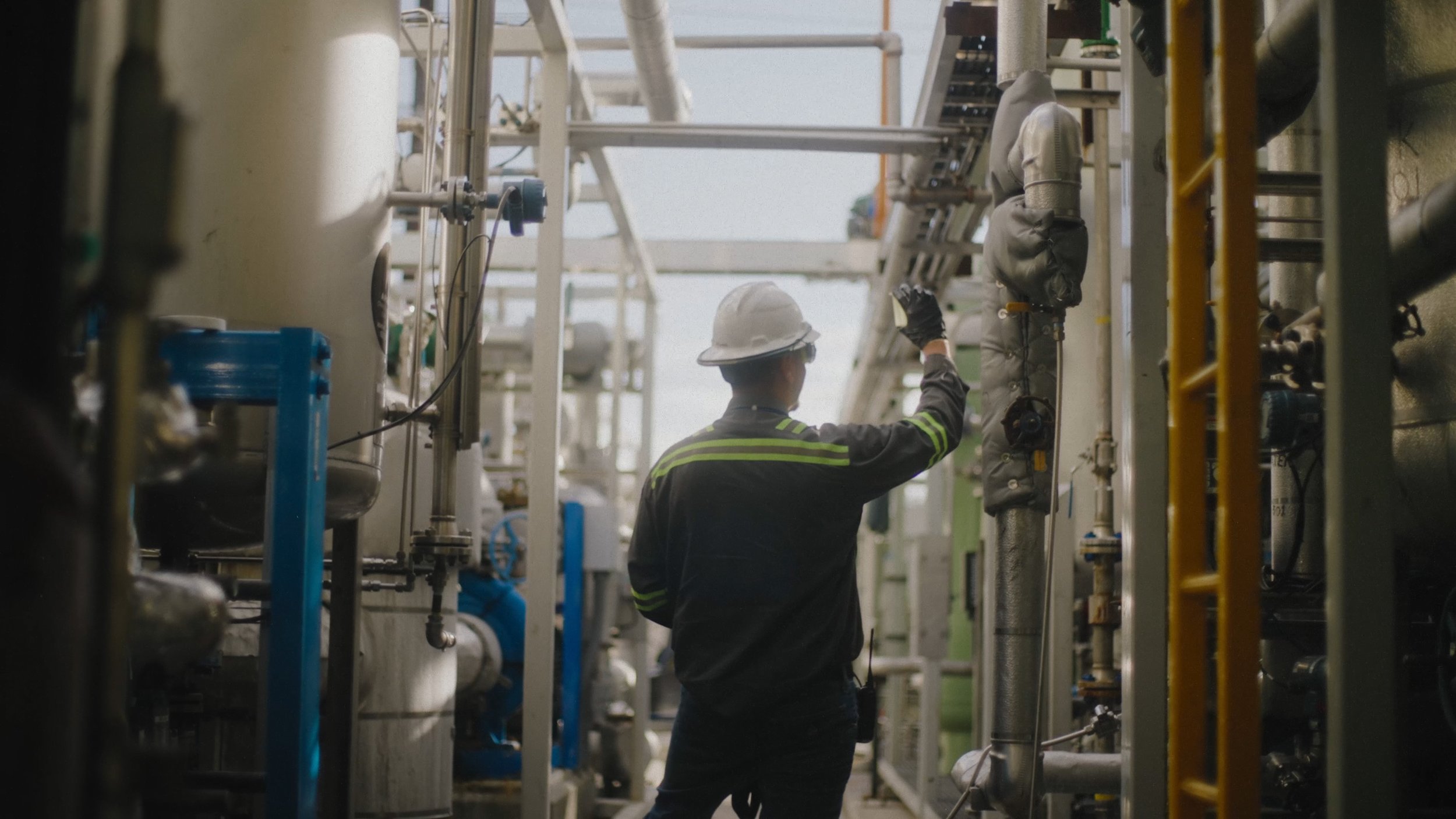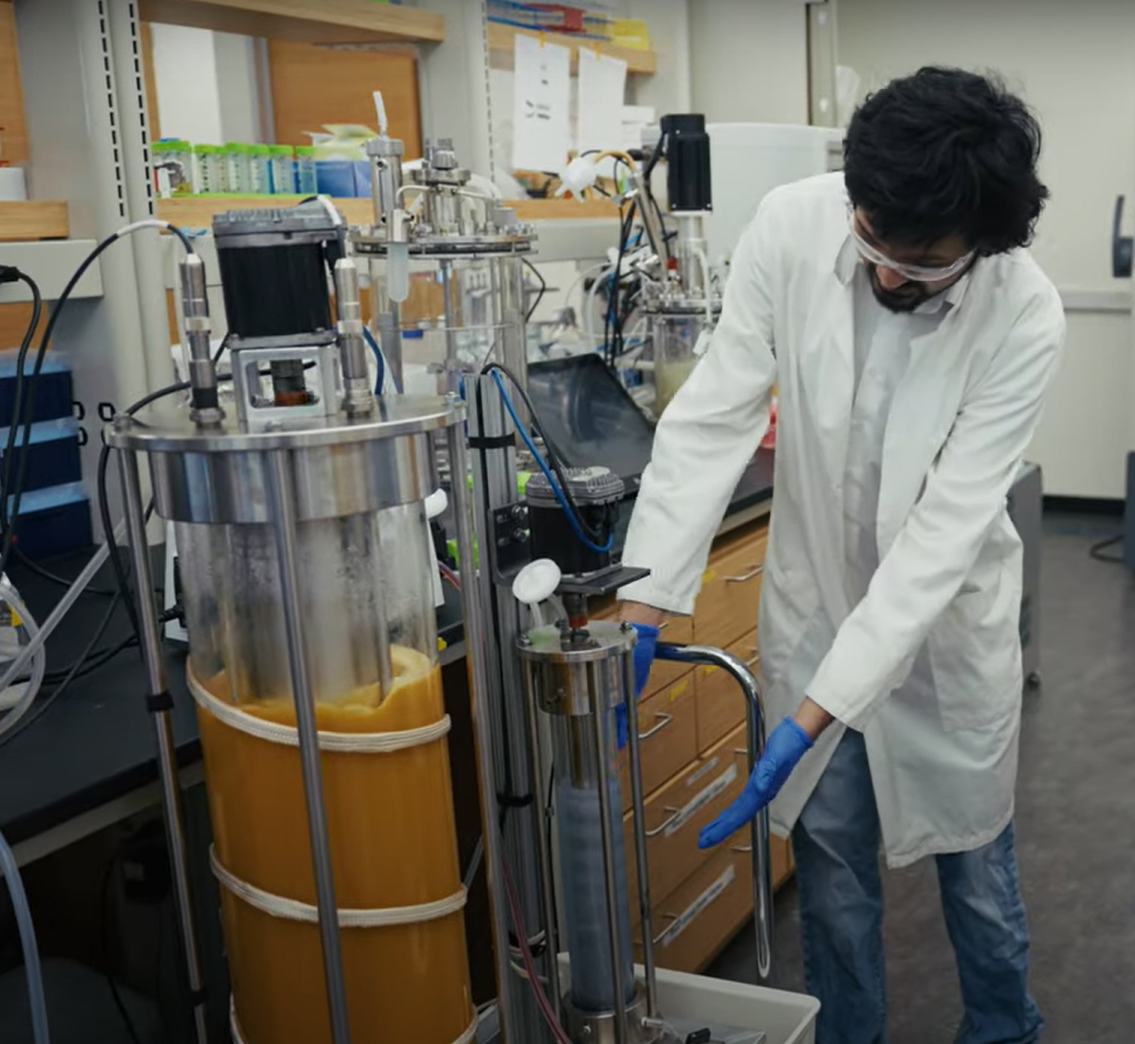
Safety and Security
The 4S program area aims to maximize positive impact and minimize risk related to Safety, Security, Sustainability, and Social Responsibility as BioMADE advances bioindustrial manufacturing in the U.S.
This may include work or research that improves the safety and security of biomanufacturing processes and technologies; manages potential threats of misuse; contributes to the long-term viability of our economy or environment; and establishes benchmarks to ensure bioindustrial manufacturing benefits all of society.
Integrating these 4S principles improves the safety and security of bioindustrial manufacturing, fuels innovation, streamlines regulatory pathways, helps products successfully reach commercialization, and creates pathways to greater public understanding and adoption.
Photo above © Solugen
Safety, Security, Sustainability, and Social Responsibility
in Bioindustrial Manufacturing
-

Safety
Ensuring people safety, environmental safety, and process safety
-

Security
Data security, Intellectual Property (IP) security, cybersecurity
-

Sustainability
Measuring sustainability, articulating sustainability and its value proposition
-

Social Responsibility
Community and public engagement
© Ginkgo Bioworks
Safety
Practices, controls, and measures taken to protect people and the environment from harm from biomanufacturing development process and/or physical products and byproducts. Includes safety of the workplace, consumers, and the general public.
© Schmidt Sciences | Iowa State University
Security
Measures taken across the biotechnology and biomanufacturing sectors including food and agriculture, materials, and energy, to manage potential threats and loss due to theft, misuse, diversion, unauthorized possession of property (including intellectual property) or intentional release of biological risk and/or technology.
© University of Georgia
Sustainability
Measures taken to maintain or improve the long-term viability of the environment and economy due to advancing biomanufacturing processes. These would include consideration of the impacts of products and processes on the environment, supply chains, as well as local public/consumer acceptance and practices.
© Worcester Polytechnic Institute
Social Responsibility
A principle that acknowledges the impacts of biomanufacturing on stakeholders with respect to associated benefits, risks, and consequences throughout its value chain. This implies taking actions that optimize positive social outcomes through adherence to ethical standards, including seeking ways to make products and processes that improve societal welfare. Attention to this commitment includes equitable distribution of benefits and risks and a responsiveness to society’s needs and values.



